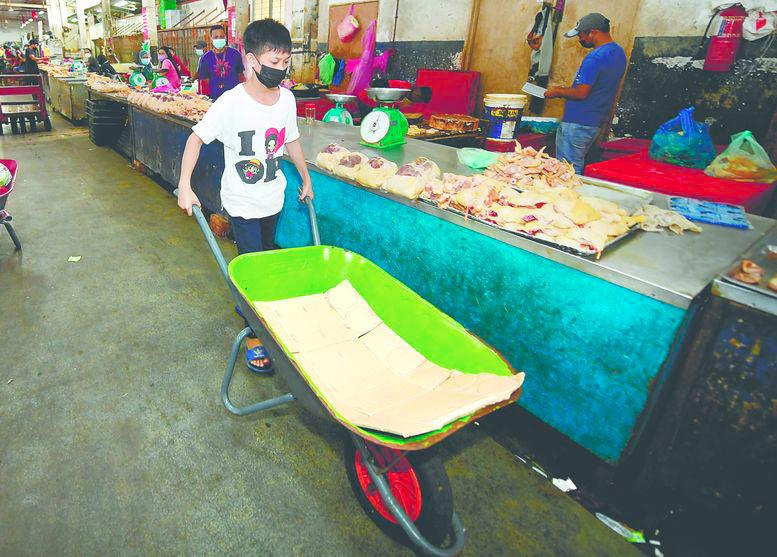PETALING JAYA: While Malaysia aims to become a high-income nation as early as 2028, its labour laws still permit child exploitation, said Child Rights Innovation and Betterment Foundation co-chairperson Srividhya Ganapathy.
“The Children and Young Persons (Employment) Act 1966 allows certain forms of child labour, contradicting Malaysia’s commitments to international human rights conventions and socioeconomic progress,” she said.
“We ratified the United Nations Convention on the Rights of the Child (UNCRC) in 1995, obliging the government to align national laws with the convention’s standards. The UNCRC, alongside Malaysia’s Child Act 2001, defines a child as anyone under 18 and guarantees their rights to protection, education and healthcare. Yet outdated labour laws still allow children to work, particularly in agriculture and informal sectors.”
Srividhya noted that while the 12th Malaysia Plan focuses on inclusive socioeconomic development, digital economy growth and sustainability, child labour remains legal.
“How can we speak of these goals when our laws still permit child labour?”
She referred to government data from 2018, which estimated that 33,600 children aged five to 17 worked in Malaysia’s oil palm sector, with Sabah accounting for 58.8%.
No recent data has been released, raising concerns about transparency and policy effectiveness.
“We have embraced Industry 4.0, yet some of our children, especially those from marginalised communities, are being left behind,” she said.
She added that the 1966 Act was introduced when Malaysia was still recovering from colonial rule and war, making it ill-suited for today’s digital age.
The law does not apply to Sabah and Sarawak, where separate labour ordinances govern child labour, further complicating nationwide enforcement.
Srividhya also highlighted data from Unesco’s Institute of Statistics, which put Malaysia’s literacy rate at 94.64%. However, the 2022 Programme for International Student Assessment report showed one of the world’s sharpest declines in reading, mathematics and science scores.
“Children forced into work lose their right to education, play and protection. They take on adult roles and are exposed to abuse, neglect and pressures no child should endure,” she said.
She acknowledged that for many families, child labour is a matter of survival.
She urged the government to enact the Social Work Profession Bill to improve welfare services and protect vulnerable children.
She also called for a multi-stakeholder working committee to tackle child labour.
“We need collaboration between government agencies, child protection advocates and industry leaders committed to Malaysia’s future,” she said.
Lim Wei Jun knows the reality of child labour firsthand.
At age 12, he spent his mornings wiping tables and washing dishes at a kopitiam in Kuala Lumpur while his parents ran a small hawker stall nearby.
“They struggled to make ends meet, so I was expected to help,” he said.
Lim always longed to study and escape poverty, but his parents prioritised his four younger siblings’ education.
Now 30, he works as a kitchen helper in another restaurant in Kuala Lumpur, stuck in the same cycle of low-paying jobs.
“If I had a good education, I could have achieved something better. Maybe I could have become a teacher or worked in an office, but I never had that chance,” he said.









